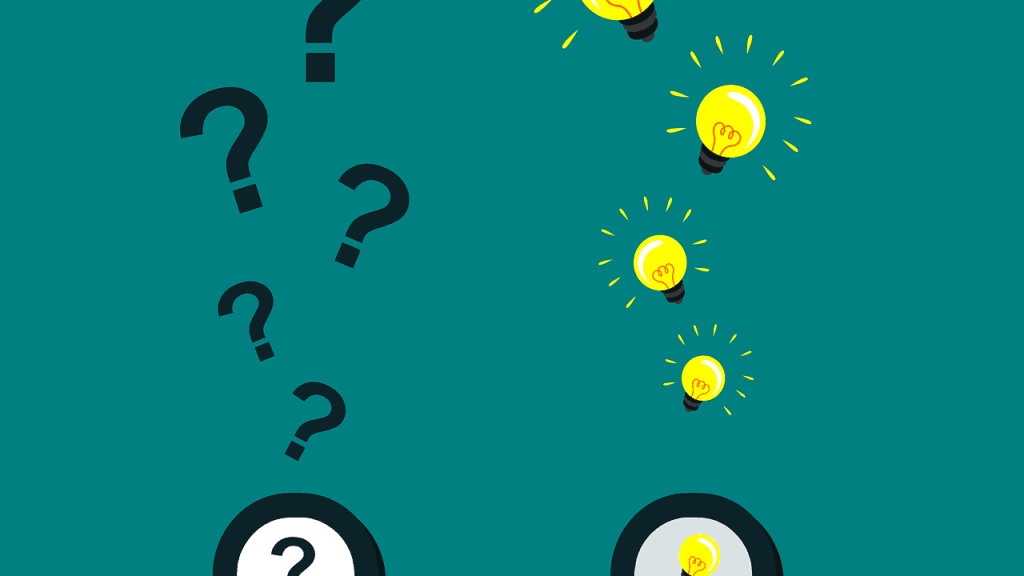Food stamps, officially known as the Supplemental Nutrition Assistance Program (SNAP), are designed to help people with low incomes buy groceries. But what if someone wants to get cash instead of food? The idea of how to convert food stamps into cash brings up a bunch of questions and complexities. This essay will break down the real deal about converting food stamps into cash, covering what’s allowed, what’s not, and why it’s a complicated issue.
Is it Legal to Convert Food Stamps Into Cash?
No, it is generally illegal to convert food stamps into cash. SNAP benefits are meant to be used specifically for buying eligible food items at authorized retailers. The government sets up strict rules to make sure the program works the way it’s supposed to. There are serious consequences for breaking these rules, which we’ll get into later.

The Risks of Illegal Conversion
Trying to convert your food stamps into cash illegally can lead to some big problems. First, you could lose your SNAP benefits. This means you won’t be able to get help with buying groceries anymore. Imagine suddenly not having that support – it could make things really tough for you and your family.
Then there’s the possibility of fines. The amount of money you have to pay can depend on how serious the violation is and how much money you were trying to get. Fines can be a big financial burden, adding more stress to your situation.
Also, the government might bring criminal charges against you. This could involve jail time or other punishments. This is a really serious consequence, and it could have a huge impact on your future.
Finally, having a conviction on your record can make it hard to get a job, rent an apartment, or even get into certain schools. It’s just not worth it to risk all these things by trying to convert food stamps into cash illegally.
Authorized Uses of Food Stamps
So, if you can’t get cash for your food stamps, what CAN you do with them? Well, SNAP benefits are designed to be used for specific food items. Think of it like a shopping list created by the government! You can buy things like:
- Fruits and vegetables
- Meat, poultry, and fish
- Dairy products
- Breads and cereals
You can use them at most grocery stores, supermarkets, and even some farmers’ markets that are approved by SNAP. Look for the signs that say they accept EBT cards (that’s the card you use for SNAP).
Keep in mind, there are some things you CANNOT buy with food stamps. These include alcohol, tobacco, pet food, and any non-food items like cleaning supplies or toiletries. Basically, it’s all about food!
Here is a brief table of what you can and can’t buy:
| Allowed Purchases | Not Allowed Purchases |
|---|---|
| Fruits & Vegetables | Alcohol |
| Meat, Poultry, Fish | Tobacco |
| Dairy Products | Pet food |
| Breads & Cereals | Non-food items |
Legitimate Ways to Get Help if You Need Cash
If you’re struggling to make ends meet, there are other ways to get help that don’t involve breaking the law. There are legitimate programs that can assist you. For example, you might be able to get help with paying your rent or utilities. These programs are designed to help people in need.
Another option is to look into local charities and non-profit organizations. They often offer food pantries, which provide free groceries. This can help you stretch your budget and make your food stamps last longer.
If you’re looking for a job, you could also look into job training programs. Many organizations offer assistance with finding a job and gaining new skills. This can help you to increase your income and become more financially stable.
Finally, you can look at your budget and find ways to save money. Are you spending too much on things you don’t need? Here are some simple steps:
- Make a budget to track spending
- Cook at home
- Look for free activities
- Buy used goods
Alternatives to SNAP (Food Stamps)
There may be some instances where you might be eligible for other forms of assistance, depending on your situation. If you’re not sure if you qualify for SNAP, you can investigate alternative government programs. Depending on your state, you might be able to get help with things like housing, childcare, or healthcare.
Another option would be to explore other food assistance programs. Many food banks and food pantries are available in most communities. These organizations provide groceries or meals, often at no cost.
You could also look into programs that provide financial counseling or assistance. Financial advisors can teach you how to manage your money, develop a budget, and make informed financial decisions.
Finally, you could explore options for increasing your income. This could involve looking for a higher-paying job, starting a side hustle, or taking online courses to learn new skills.
Here is a quick list of options to consider:
- Explore alternative government programs
- Look into local food banks
- Find financial counseling
- Increase your income
In short, there are a number of safe and ethical alternatives to consider if you’re looking for help.
Conclusion
Converting food stamps into cash might seem like a quick solution, but it’s definitely not worth the risk. Breaking the rules can lead to serious problems, from losing your benefits to facing criminal charges. Instead, it’s much better to understand the rules and use your food stamps the way they are intended – to buy nutritious food. If you need extra financial help, there are plenty of legitimate resources and programs designed to support you. Remember, getting help the right way is always the best way.